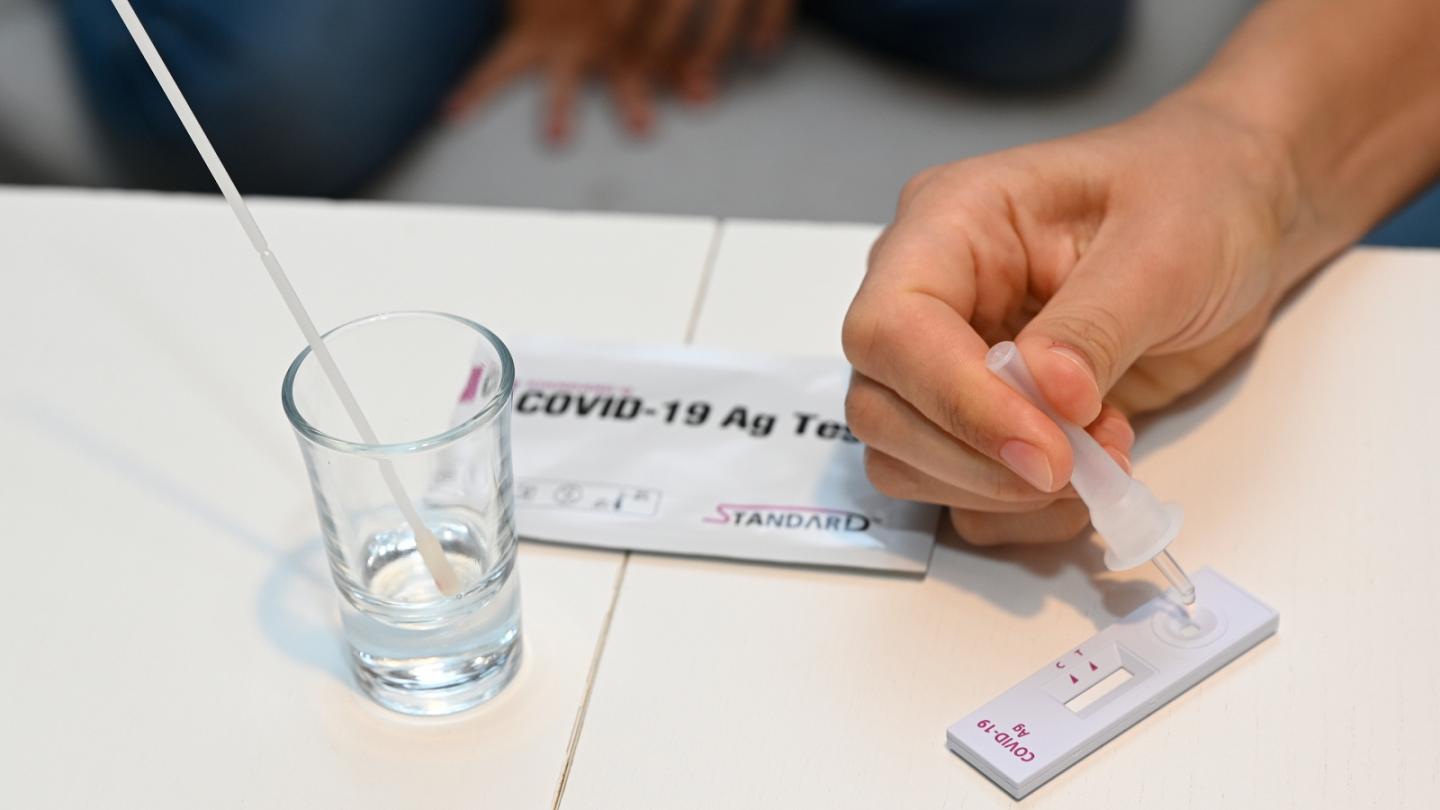As countries race to catch up with the Omicron variant's rapid pace of transmission, rapid antigen testing kits have inundated supermarkets, online shops, and pharmacies around the world, indicating a move away from PCR testing, which has long been regarded the gold standard for detecting covid.
Infection-detection labs are crumbling under the burden of an unprecedented number of cases, and many health facilities are confronting a staffing shortfall. However, because there is no universally accepted international standard for the use of antigen tests, a patchwork of rules has arisen as each country weighs the benefits and risks.
Since 2020, even before Omicron, Britain has employed at-home quick antigen tests to combat outbreaks and made them openly available. Late this month, France began allowing stores to sell them. Due to a lack of PCR tests in countries such as the United States and Australia, some people have had to wait for hours in line and several days to receive their results. The US administration recently announced that 500 million tests would be made available for free, with Americans able to request that tests be sent to their homes. In the meanwhile, Australian regulators have ordered that patients who do not have Covid symptoms obtain a PCR test only if they get a positive antigen test result.
If a negative antigen test result is obtained after 72 hours, people in Singapore are allowed to leave isolation. Even if it goes against the manufacturer's instructions, Israel is urging people to swab their throats instead of their nostrils when utilising quick antigen testing to boost the odds of identifying viruses.
Furthermore, compared to the nasopharyngeal swab used in a PCR test, which reaches the wall at the end of the nasal cavity, the self-swab in an at-home antigen testing kit, which is meant to reach the inside of the nostril, the self-swab in an at-home antigen testing kit is less than 30% capable of detecting a positive case, said Dr Kiho Hong, a professor of lab medicine in The PCR test was the method of choice for diagnosing Covid, according to health professionals at the Infectious Diseases Society of America, but antigen tests could help identify instances when PCR tests were not widely available. "Omicron has changed the game.""It has really catalysed the trend to large-scale fast antigen testing," Williamson added. It's no longer feasible to keep track of every single case with Omicron, she added.





